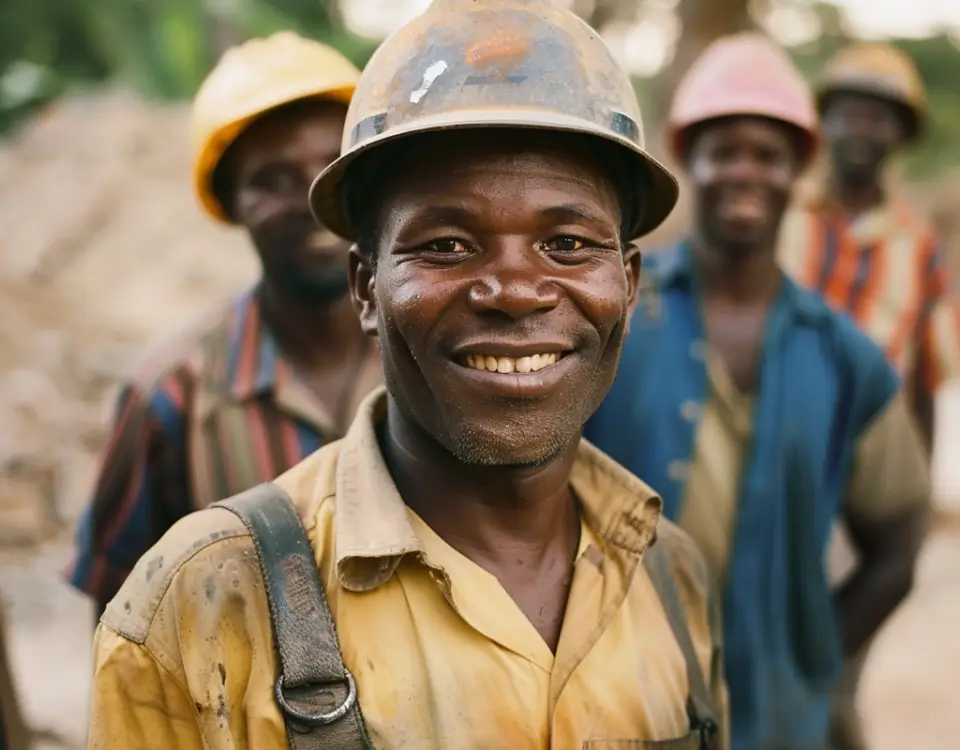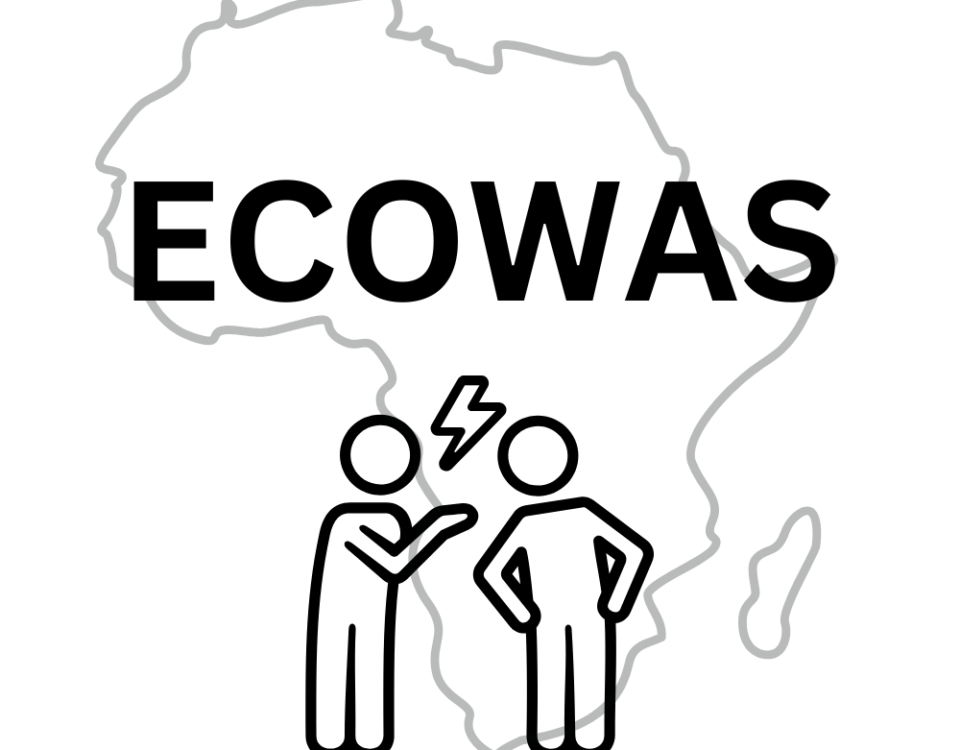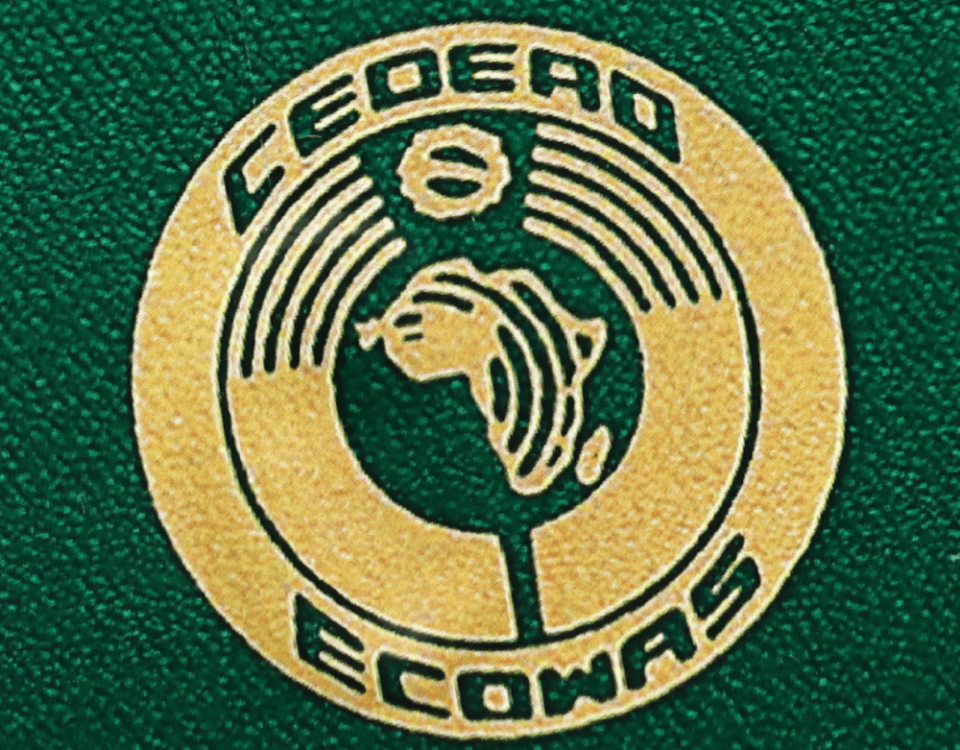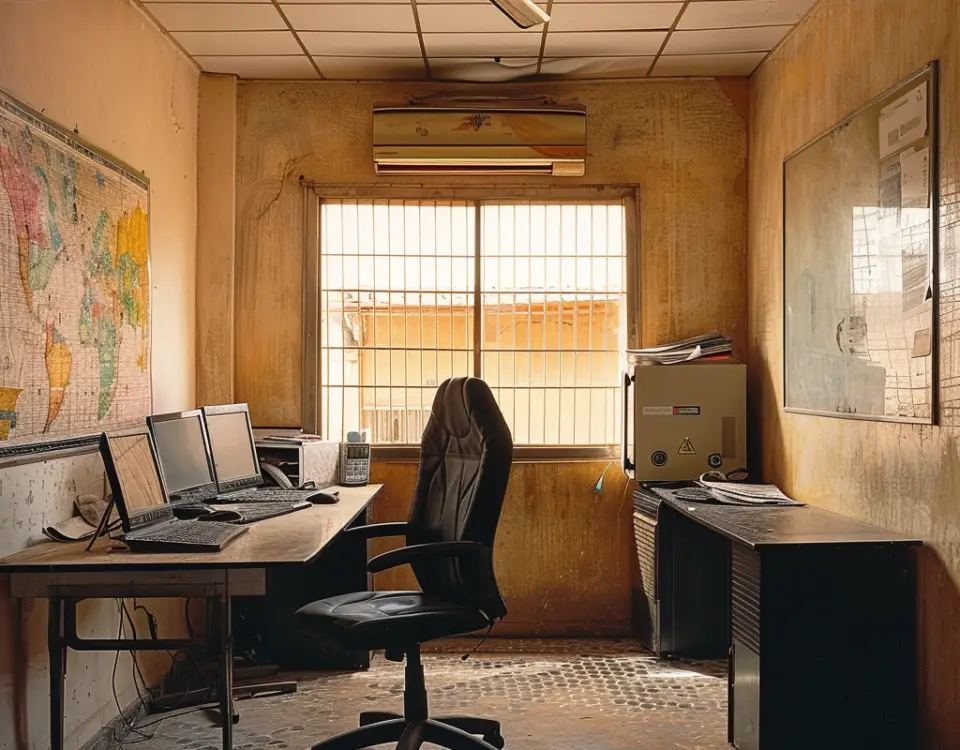Elections are crucial milestones in any democracy, serving as moments of reflection, choice, and often change. Africa is no stranger to the significance of such political events, and 2025 marks another pivotal year as several countries prepare to hold elections. Among the nations set to shape their futures at the ballot box are Seychelles, Togo, and the Central African Republic. These elections have the potential to influence not only their respective political landscapes but also regional governance and stability.
Elections in Africa 2025: The Countries at the Forefront
Seychelles
Seychelles, located in the Indian Ocean, is a small island nation known for its stunning natural beauty and landscapes. Yet, in politics, the stakes remain high due to its small size and limited population. The upcoming elections offer Seychellois voters a chance to assess leadership in economic resilience, environmental policies, and equitable governance. Although small, the nation historically demonstrates peaceful elections, reinforcing its strong commitment to democracy and political stability in the region. By continuing this tradition, Seychelles can showcase its ability to balance natural preservation with effective democratic governance.
Togo
Togo’s political history has been marked by challenges, including periods of authoritarian rule and limited political pluralism. While progress has been made in recent years, the 2025 elections will be a test of the nation’s ability to foster inclusive governance. Issues such as youth unemployment and economic equality are likely to dominate campaign discussions. Voter turnout and the transparency of the electoral process will be crucial in determining Togo’s trajectory toward stronger democratic institutions.
Central African Republic
The Central African Republic (CAR) faces a significantly different set of circumstances. Plagued by years of conflict and instability, the CAR’s elections represent a fragile yet vital step toward peace and governance. With ongoing security concerns and the influence of armed groups in various regions, organizing credible elections will not be an easy task. International support and mediation are expected to play a key role in ensuring the elections are conducted as fairly and safely as possible.
Significance for the Continent
The 2025 African elections come during a period of challenges, including economic pressures, youth unemployment, and security risks. These elections represent hope for progress and a chance for political renewal in many nations. A well-organized electoral season could reinforce Africa’s commitment to democracy and encourage examples of effective governance. This could inspire other nations to follow and strengthen their systems of government.
Regions struggling with political instability, like the Sahel or Great Lakes, may find successful elections as models of stability. On the other hand, challenges like disputes over outcomes or logistical problems could offer important lessons for democracies. These lessons might help nations striving to improve their electoral processes and build stronger democratic institutions.
Challenges and Considerations
Elections in Africa often face a combination of logistical, economic, and societal challenges, including:
- Security Concerns: For countries like the CAR, ensuring voter safety requires substantial resources and strategic planning, often with international collaboration.
- Public Trust: Low confidence in electoral systems can lead to voter apathy or disputes over outcomes, which risk undermining democratic progress.
- Inclusivity: Ensuring that all citizens, including marginalized groups, have their voices heard in the electoral process remains a key concern.
- Economic Strains: The high cost of organizing elections can stretch national budgets, particularly in countries facing financial difficulties.
Addressing these challenges will require a collective effort from governments, civil society, and international partners. Transparent processes and robust election monitoring will be essential to creating an environment of fairness and trust.
Shaping Africa’s Political Future
The elections in Seychelles, Togo, and the Central African Republic are not only a significant part of Africa’s democratic developments in 2025 but also key components of the larger democratic movement unfolding across the continent. Each nation’s electoral process and outcomes will not only shape its own political future but will also play a critical role in influencing governance, directing policy changes, and enhancing regional stability.
Furthermore, by fostering open, transparent, and inclusive elections, these countries will not only have the opportunity to recommit to democratic principles but will also set an example for other nations. For Africa, a continent that faces diverse challenges yet holds immense potential, these elections represent not just a chance to move closer to greater unity but also an opportunity to achieve stability and foster prosperity through collective democratic progress..





